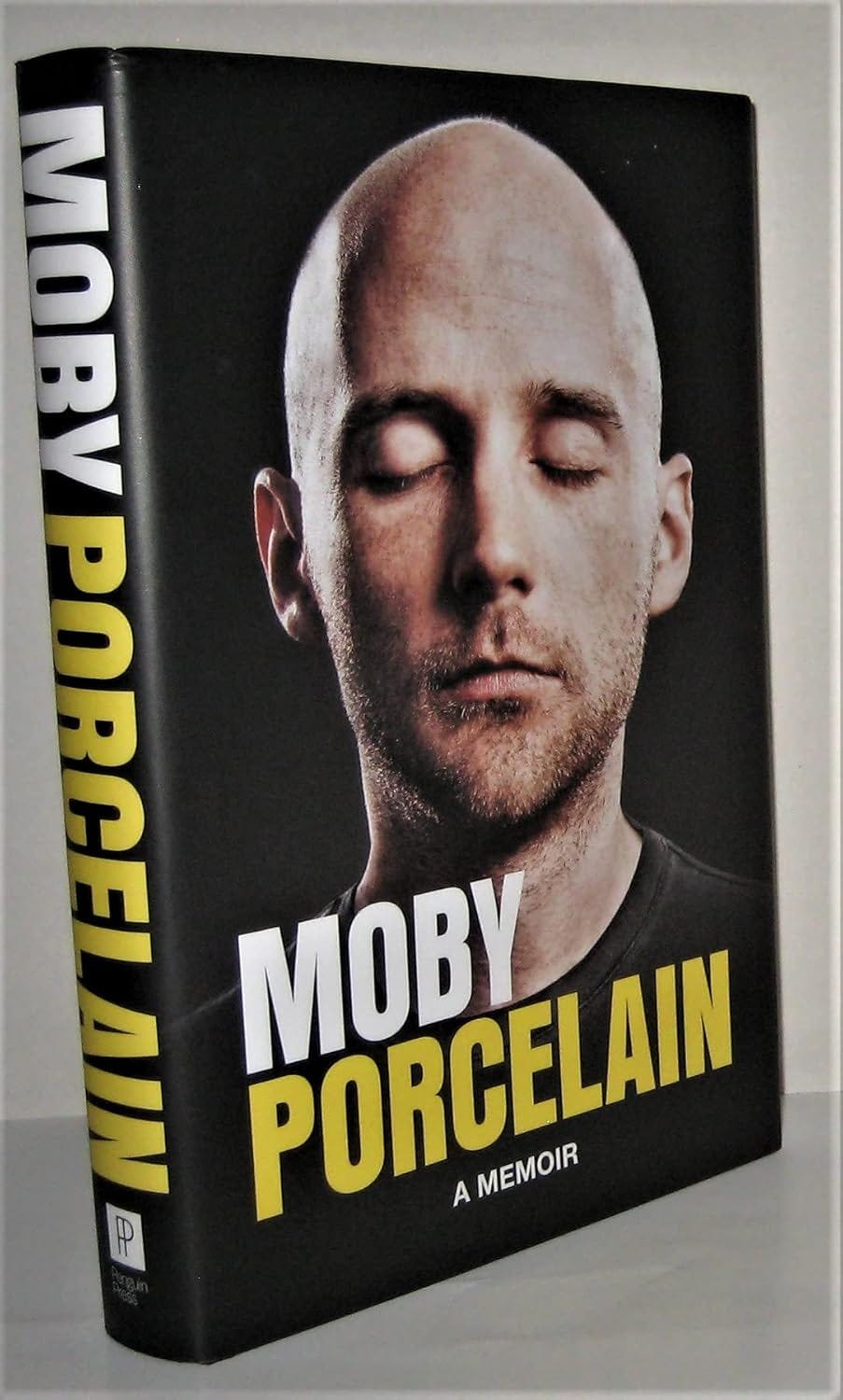By SIMON CONSTABLE
John and I discuss British-born author Patrick O’Brian who lived in French coastal town Collioure for more than half a century. He’s the author a series of books about Britain’s Royal Navy.
By SIMON CONSTABLE
John and I discuss British-born author Patrick O’Brian who lived in French coastal town Collioure for more than half a century. He’s the author a series of books about Britain’s Royal Navy.
By SIMON CONSTABLE

Quitting the job that’s killing your soul! It’s one of those seemingly ever-present fantasies of office workers. But to leave without a net that’s unnerving to the vast majority of people. Yet it’s what long-time radio host Tess Vigeland did. She recently wrote a book about her experience: Leap: Leaving a Job with No Plan B to Find the Career and Life You Really Want.
Unlike many confessional books, this one won’t tell you how easy it was. Or that the post-quit euphoria just kept on going for months. Or that everyone should do it because, hey, what the hell. No, the story here is quite different. If you believe Vigeland, it’s hard work, and there will be loads of anxiety. It will upend your life in ways you never imagined.
Things like that make this book more believable than some self-help books urging you to make your way in the world — it’ll be like riding a bicycle, as such books seem to promise. Except they gloss over the time when you scrape the skin off your knees. Or they seem to leave out something that you can’t quite put your finger on. For instance, who’s paying the mortgage while all this quitting is happening? Or where did all the money necessary to sustain eating every day come from?
In some ways, Vigeland’s work is the antidote to “the easy route to happiness” books, which imply you can do everything (wealth, harmony, and relaxation) if only you’d follow a few simple rules. Such promises are chimeras.
The worries about money, career, and leaving what, for many, would seem like a dream job are what Vigeland focuses on. It is her self-perceived shortcomings that make the story so much more realistic and so much more relatable. She becomes something more than the voice we remember from the radio — a three-dimensional individual, just like the rest of us. On top of that, the willingness to open up, in a warts and all way, is a sign of herculean strength. Have you ever noticed that the people who never admit to their failures are, deep down, the weakest? She’s the opposite.
I’d say after her experiences, leaping and then writing this book, Vigeland will be unstoppable.
Follow me on Twitter or LinkedIn. Check out my website or some of my other work here.
This is an edited version of a story first published on Forbes.com in 2015. Copyright CONSTABLE CONFIDENTIAL 2015

It might be hard to imagine Moby as anything other than an uber-famous artist, musician, and DJ. But once upon a time, he lived in a disused factory in Connecticut, paying the guards $50 a month to look the other way. In the big scheme of things, that wasn’t so long ago — 1989.
That’s basically where Moby’s book, Porcelain, starts. It then moved location to New York in the early 1990s, a time and place with which I am well acquainted. But that’s not why this book caught my eye.
Rather it is the way that Moby, a descendant of Moby Dick author, Herman Melville, went about creating an unlikely career for himself. Unlikely, that is, to many people in his chosen field. That is something we can all learn from. Here are some key takeaways from his story:
Follow me on Twitter or LinkedIn. Check out my website or some of my other work here.
This is an edited version of a story first published on Forbes.com in 2016, Copyrite CONSTABLE CONFIDENTIAL 2016